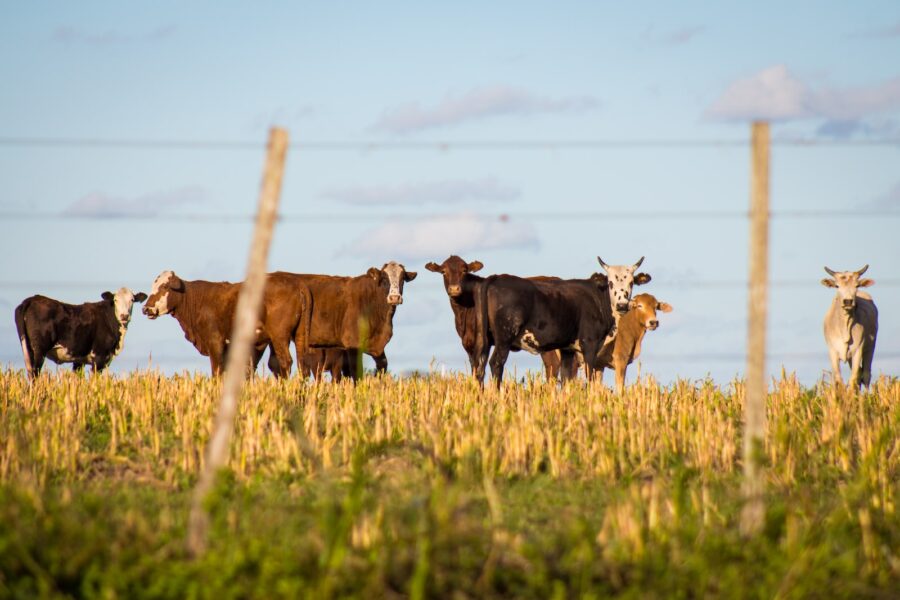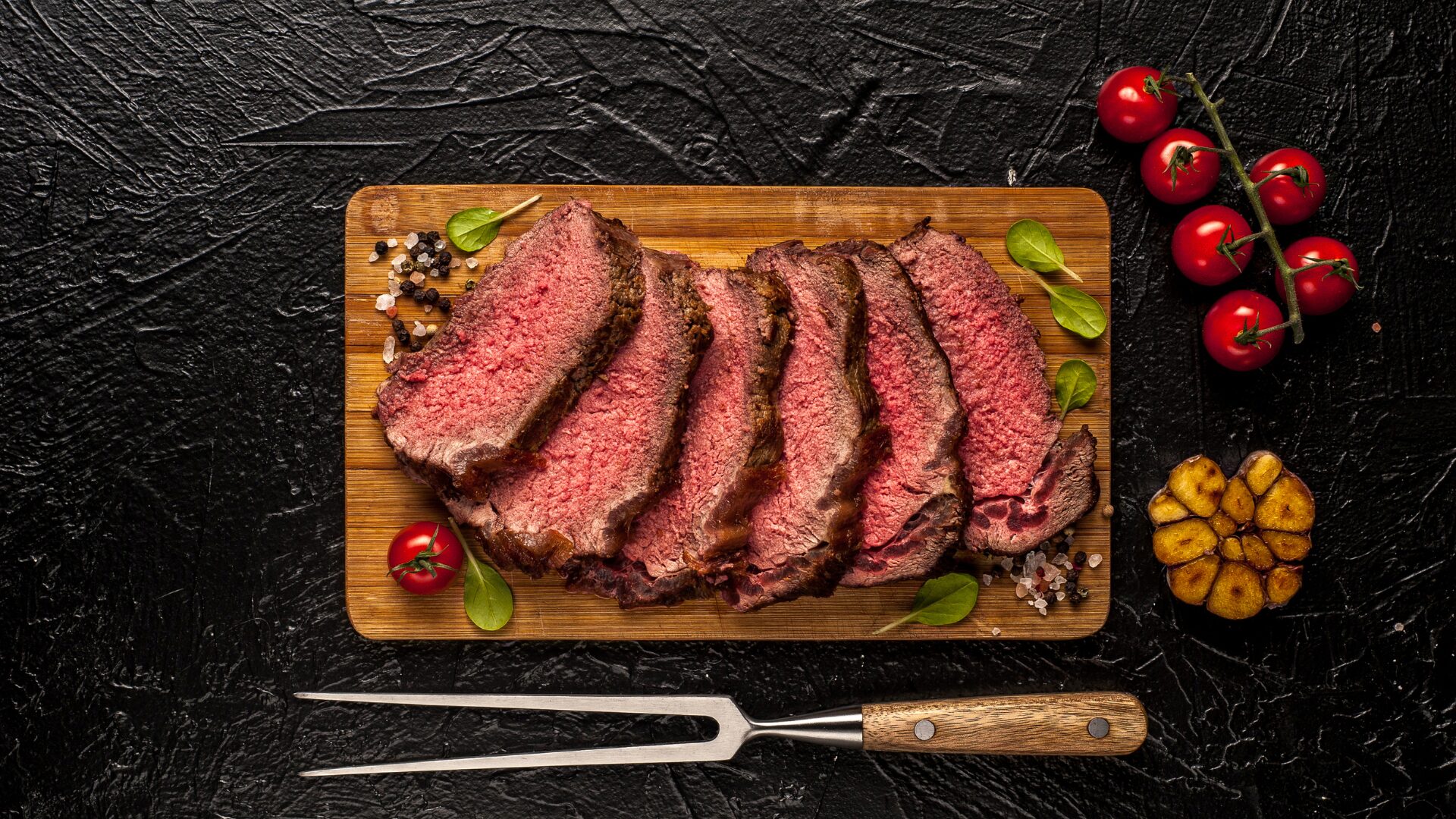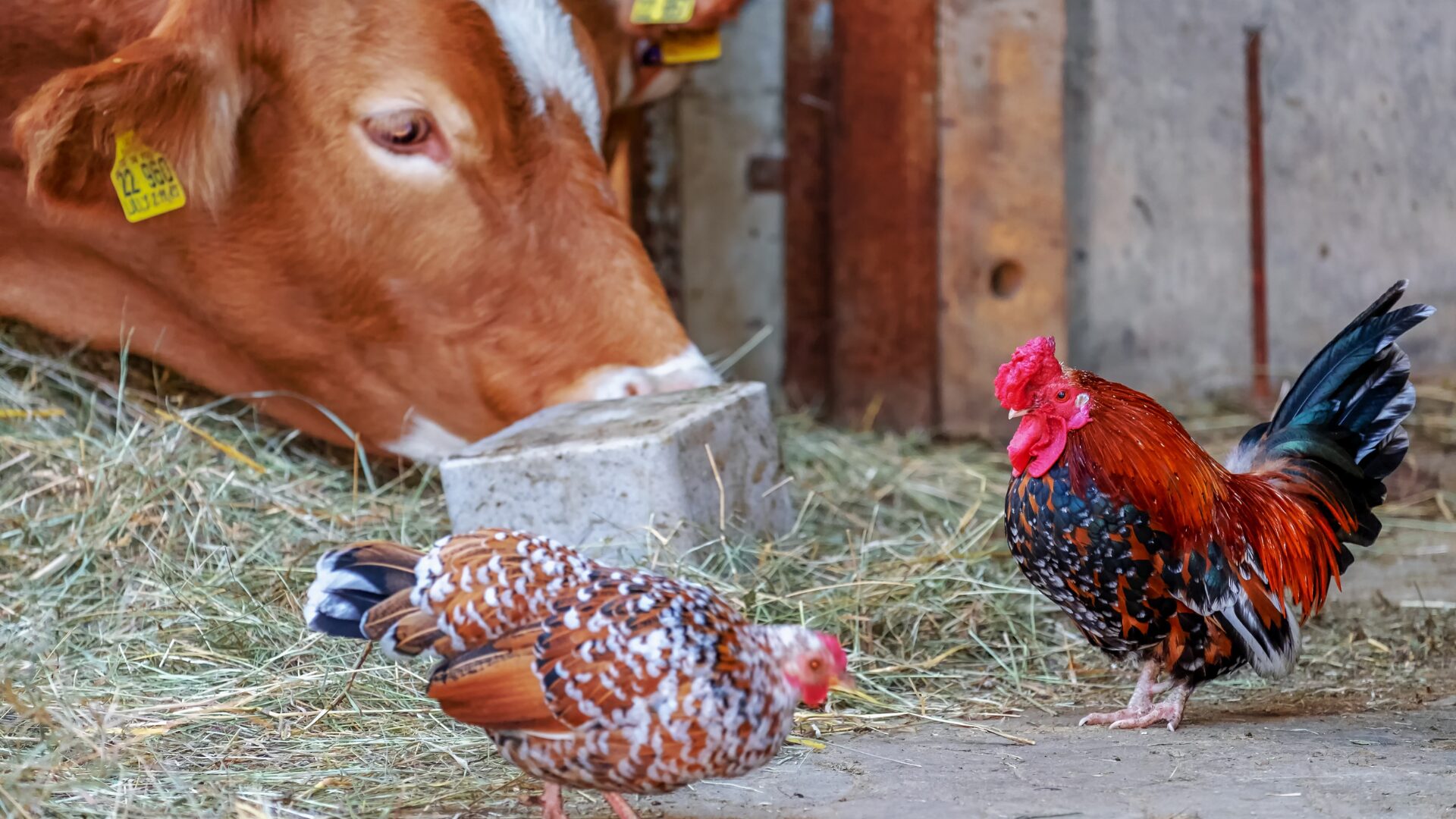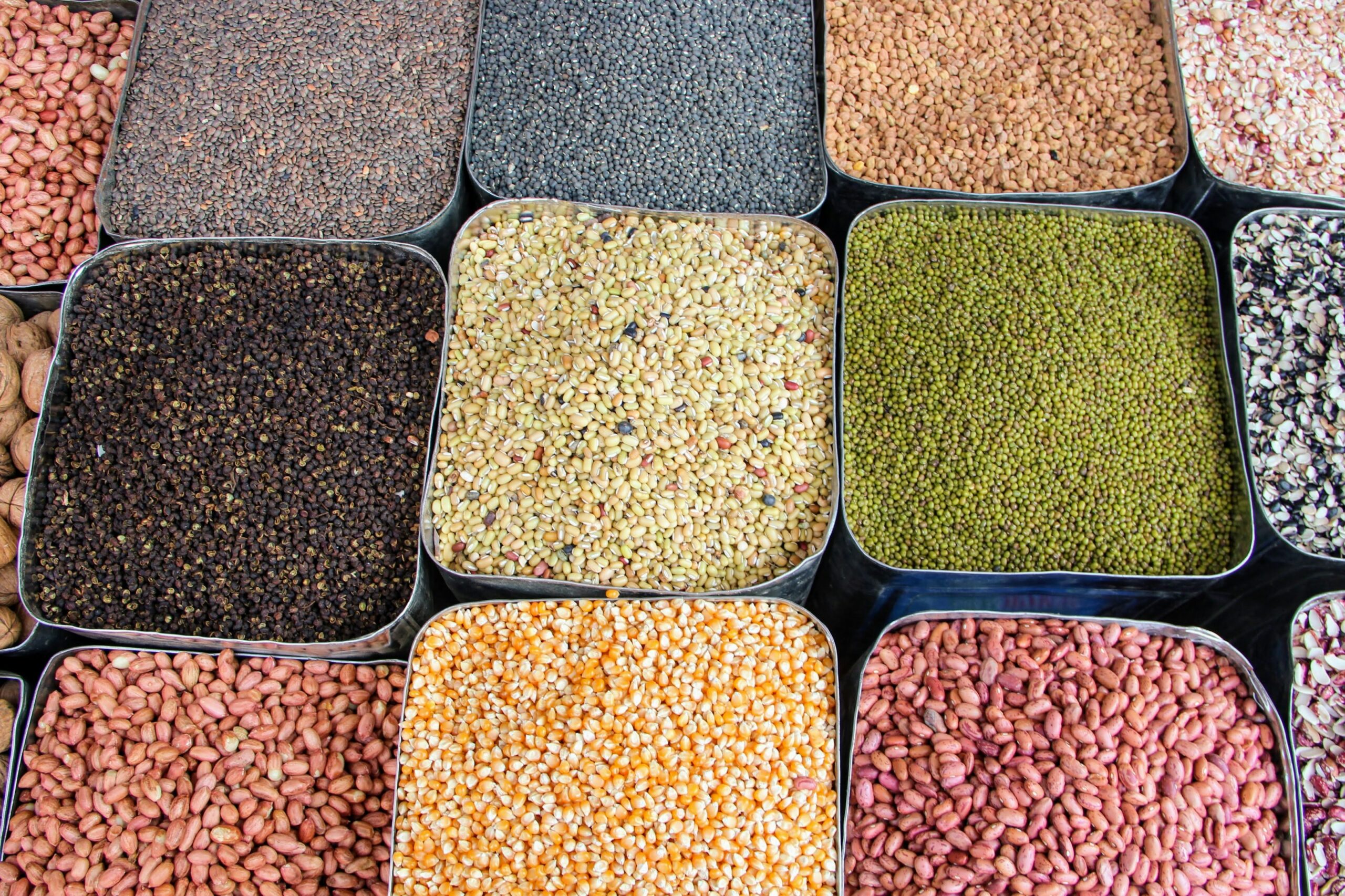A Cattle Fax economist predicted record prices this year due to drought and the pandemic, which forced producers to thin herds.
Successful Farming noted (Feb. 2) that the prediction was made at the 2023 Cattle Industry Convention in New Orleans. Half the nation’s cows are in drought areas, economist Kevin Good of Cattle Fax told the gathering. Slaughter numbers are expected to be down this year, pressuring prices.
Fed cattle prices are expected to range from $150 to $172 per hundredweight, averaging $158 for the year, up $14 from last year. Calves weighing 550 pounds are expected to average $225, up $29, while cull cows could rise $20 to $100. Good quality bred cows could range from $1,900 to $2,300.
Good noted Americans ate more beef last year than they’ve eaten in a decade, an average of 58 pounds a person, despite retail prices averaging $7.35 a pound.
Meanwhile, in other ag-related news:
Cattle sales: The USDA unveiled a public database tracking private cattle sales to give producers more leverage with meatpacking companies. Agriculture Secretary Tom Vilsack said the Cattle Contracts Library will level the playing field for producers, providing transparency that has been sorely lacking.
The initial phase provides the ability to browse terms and information in active contracts as well as information on such things as base price determination. Future enhancements are to include information on the number of head of cattle moving through current contracts, including breeds and quality.
Colorado River: California’s refusal to sign a seven-state Colorado River compact has prompted four Arizona and Nevada lawmakers to seek help from the Biden administration to force Sacramento to agree to water allotment cuts, KLAS of Las Vegas, reported.
Nevada, Arizona, Colorado, New Mexico, Utah and Wyoming sent an agreement to the U.S. Department of Interior and the U.S. Bureau of Reclamation ahead of a Jan. 31 deadline for a collaborative agreement, but California refused to sign, saying the state had made enough cuts in its water usage amid the worst drought in southwestern North America in 1,200 years.
The compact was developed a century ago when the river provided 20 million acre-feet of water annually. That flow is nearly halved, currently averaging 12.5 million acre-feet a year.
Ham impacted: Rising temperatures and limited rainfall in Spain have given rise to a shortage of dehesa acorns – a valuable feed item for pigs in the region – threatening what is touted as the finest ham in the world, The Guardian reported. The ham retails for more than $50 a pound and comes from blackfoot pigs.
The lack of rainfall is making it difficult for holm oaks, which produce the acorns, to survive the hot, dry summers. Francisco Espárrago, the president of Señorio de Montanera, a top ham producer, warned if the trees do not survive, there won’t be anywhere for cattle to graze, either.












